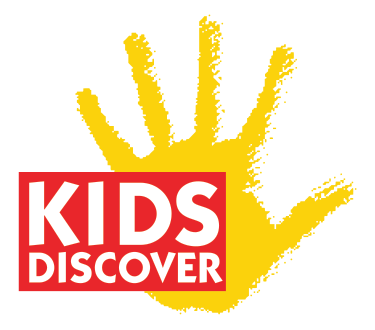30,000 educators have begun using the Kids Discover Online platform since it was launched by Kids Discover (New York) in January to make company content available online from any device. President and CEO Ted Levine told EER Kids Discover Online was born out of a demand from customers who wanted access to company content in digital form.
Kids Discover has been a non-fiction publisher for 25 years with a flagship offering of 20-page titles on science and social studies topics like electricity, energy, Aztecs and the Constitution. The company began rolling out interactive iPad apps based on best-selling titles a few years ago.
They proved popular, but schools using different devices requested other options for interactive content and the company began to look at a broader plan.
At the same time, Kids Discover saw an opportunity to move beyond selling print products by topic to create an all-access library that could provide a better value and give students access at school and at home, Levine said.
“We didn’t want to roll out a platform that has 20 different features and most of them are used by 10% or 20% of users,” Levine said. “We are trying to focus on a handful of features, do them extremely well—make sure that they work not just from a functionality standpoint but from a usability standpoint.”
Kids Discover spent 12 months before launching the online platform doing research, including phone surveys, educator interviews and school visits. Levine said three pillars emerged from that research. Different reading levels in class are a major problem for educators; this prompted Kids Discover to make a large up-front editorial investment to offer three Lexile levels for every article and topic.
It can be difficult to work with the range of technology available in the classroom. Therefore, the platform to be developed would be browser-based and optimized to work with mobile technology allowing the content to be accessed on any device from an interactive whiteboard to an iPhone.
There is a need for tools and applications that make it easier for educators to bridge the gap between science and social studies and create their own custom lessons, as well as for tools for students to use on their own in inquiry-based learning.
Discover Map was created to show the connections shared by all units of content—for example, pupils studying the sun can learn the science about it, but also be connected to content about ancient sun worshippers.
Levine said the Discover Map was hard to build, but the investment is paying off by proving popular with teachers and students who can dive into the content library in a way they could not before
Fitting into the Classroom
With the shift to online access, Kids Discover is moving from being purely supplemental to closer to core instruction because there are more scenarios under which the content can be used beyond research or quiet reading, Levine said.
With discussion increasing about hands-on projects and maker spaces, the role of reading about science can be overlooked, Levine said, but Next Generation Science Standards are helping educators see connections between science and literacy and Common Core State Standards are promoting the reading of non-fiction text.
Kids Discover content is created in-house, with the company licensing some animations and iconic photographs. The content targets grades 3-8, particularly focused on what Levine called “the 120-125 go-to units” taught in those grades. In March, Kids Discover rolled out a standards widget to help educators select materials aligned to specific standards.
Levine said Kids Discover is discussing creating materials for K-2. Also, high on the product road map for the next one-to-three years is gamification.
“I think that is the route that a lot of online platforms will go, but it takes time to get it right,” Levine said. “For us, it’s less about little badges we can throw in there and more about how we can create elements of motivation and competition that are part of the fabric of the platform.”
Educators can sign up for indefinite free access to 30 units covering 200 topics from Kids Discover Online. By subscribing for $12 per month, they can get access to 100 units covering 1,000 topics at various Lexile reading levels, along with student user names and lesson planning tools. The company also offers custom pricing for broader implementations.


